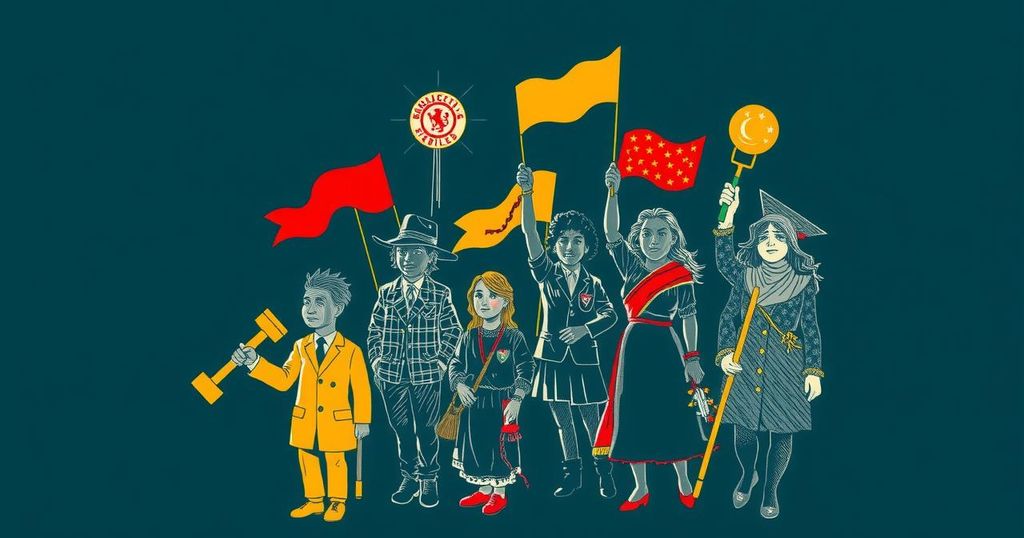A jury ordered CACI International to pay $42 million to three tortured Iraqi men, highlighting corporate accountability in human rights abuses. This case marks a significant legal victory as NGOs increasingly pursue justice for victims when state responses are inadequate.
In a landmark legal battle, a federal jury has instructed CACI International, a defense contracting firm, to pay $42 million to three Iraqi men tortured at the infamous Abu Ghraib prison two decades ago. The plaintiffs alleged that CACI employees played a critical role as interrogators, facilitating egregious human rights violations alongside U.S. Army personnel, which included inhumane treatment such as forced nudity and intimidation through dogs.
This verdict marks a significant moment in the pursuit of justice for human rights violations in the post-9/11 landscape. While the abuses at Abu Ghraib were widely condemned after their media exposure in 2004, this case uniquely positions a corporation in the legal crosshairs, acknowledging its accountability. This verdict has not only granted a jury hearing for these victims, but it also serves as a beacon of hope for countless others seeking justice in a world marked by human rights impunity.
At its core, this case exemplifies a growing trend in global human rights enforcement, where non-governmental organizations (NGOs) increasingly assume the role of watchdogs. The Center for Constitutional Rights championed the plaintiffs, leveraging judicial avenues traditionally dominated by the state. These organizations are becoming pivotal in documenting atrocities, advocating for criminal trials at international courts, and pursuing civil reparations when states falter in their duties.
The event underlines the evolution of civil society’s role in enforcing human rights, showcasing a dynamic shift from state-centric approaches to those where NGOs mobilize civil action. Their efforts reflect the collective demand for accountability, ensuring that even amidst silence, the cries of the victims resonate through the corridors of justice.
The context of this case lies in the abuse of detainees at the infamous Abu Ghraib prison during the U.S.-led invasion of Iraq. Revelations of torture and mistreatment emerged in 2004, drawing international outrage. While some military personnel faced court-martial, the systemic issue of corporate complicity in these abuses remained largely unaddressed. Recently, a federal jury broke new ground by holding a private corporation accountable, highlighting the role of NGOs in seeking justice when state action is deficient.
The CACI verdict reshapes the landscape of human rights enforcement by establishing corporate accountability in the face of grievous abuses. It symbolizes a pivotal moment where the voices of victims finally received acknowledgment in a court of law. Moreover, this case illustrates the essential role that NGOs play in human rights advocacy, driving the quest for justice and reparation in a world often silent in the face of corporate impunity.
Original Source: www.worldpoliticsreview.com



